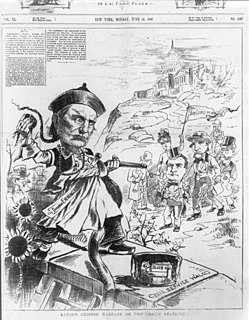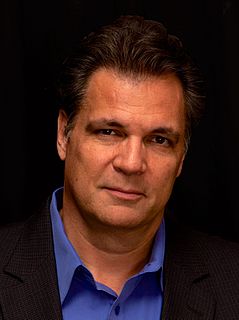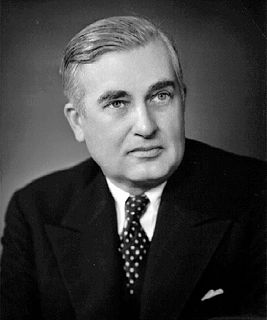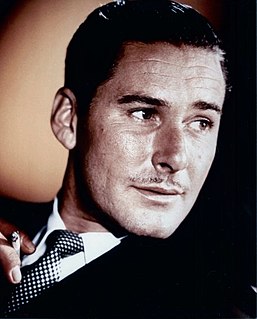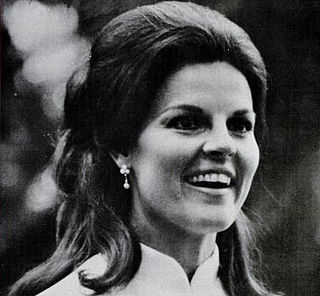A Quote by Robert Henri
Manet did not do the expected. He was a pioneer. He followed his individual whim. Told the public what he wanted it to know, not the time worn things the public already knew and thought it wanted to hear again. The public was very much offended.
Related Quotes
It is not necessary for the politician to be the slave of the public's group prejudices, if he can learn how to mold the mind of the voters in conformity with his own ideas of public welfare and public service. The important thing for the statesman of our age is not so much to know how to please the public, but to know how to sway the public. Those who manipulate this unseen mechanism of society constitute an invisible government which is the true ruling power of our country.
There is a schizophrenic nature in modern politics. A leader is expected to have a religious faith but he is not supposed to let it influence him in his duties. Somehow, the truths that determine everything else about his existence are not allowed to influence how he conducts himself in public life. Not only that, his principles are usually considered so personal that the public is not even allowed to know for certain what they are. This passes for noble statecraft in our time. It was once thought cowardice.
To attach full confidence to an institution of this nature, it appears to be an essential ingredient in its structure, that it shall be under private and not a public direction-under the guidance of individual interest, not of public policy; which, would be . . . liable to being too much influenced by public necessity.




